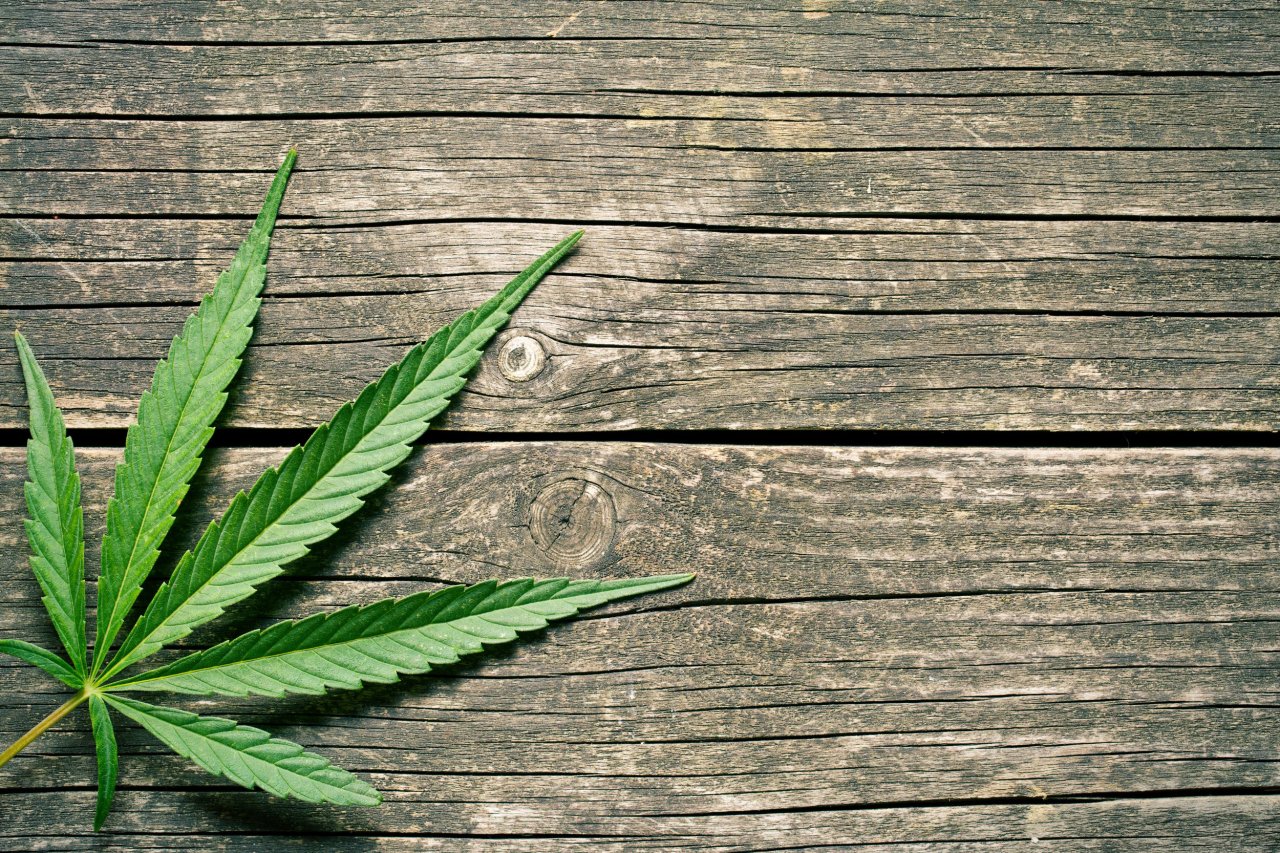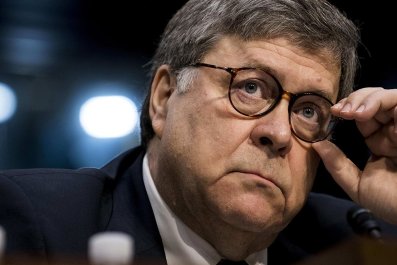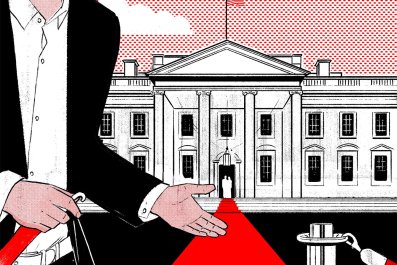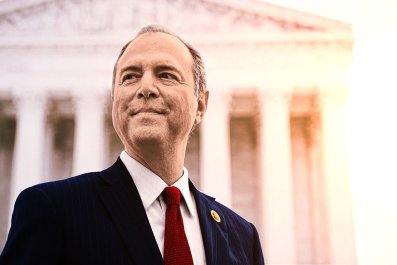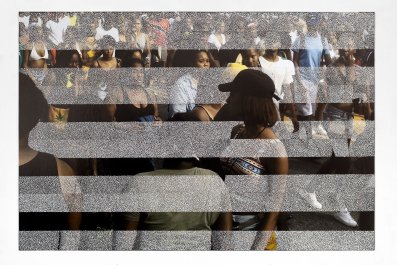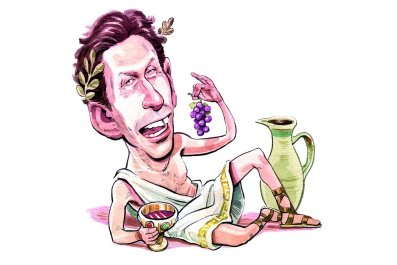I'm often asked why I link the legalization of adult-use cannabis with social and economic justice for communities of color.
My answer is simple: Black and Latinx people who make up those communities have suffered the most under cannabis prohibition and the racially-disparate enforcement of the "war on drugs."
To understand how this has occurred, an historical context is necessary. John Ehrlichman, who was counsel and Assistant to the President for Domestic Affairs for President Nixon, said in 1994, "The Nixon campaign in 1968, and the Nixon White House after that had two enemies: the antiwar left and black people…we couldn't make it illegal to be either against the war or black, but by getting the public to associate the hippies with marijuana and the blacks with heroin, and then criminalizing both heavily, we could disrupt those communities."
That was the beginning of what would become a decades-long assault on Black and Latinx communities across America.
We know that people of color have been disproportionately impacted by biased enforcement of drug laws. According to the ACLU, Blacks are 3.73 times more likely to be arrested for marijuana possession nationwide than Whites. This is despite consistent data that demonstrates white Americans self-report cannabis use at equal or greater rates.
Even with recent shifts in how marijuana possession is treated by some law enforcement agencies, startling numbers have emerged from the New York State Division of Criminal Justice Services. In the first three months of 2018, 93 percent of people arrested for marijuana possession in the city of New York by the NYPD were people of color. In my home city of Buffalo, even as total arrests for marijuana possession were cut in half from 2017 to 2018, arrest rates for people of color increased from 86 percent in 2017 to 91 percent in 2018.
The impact of the war on drugs has been devastating for New York's Black and Latinx communities. It has deprived countless people in these communities access to higher education, employment, housing opportunities, and even the right to vote. These communities also all have similar characteristics. There are disproportionate amounts high-interest loan establishments, chain discount stores, pre-paid mobile phone stores, litter, broken sidewalks, blight, food deserts, and hopelessness on the faces of the residents.
New York State is at an historic crossroads, one which requires us to make a choice. We could take this opportunity to improve the future for individuals and communities devastated by the war on drugs through revenue generated by legal cannabis. Alternatively, we could establish a lucrative new legal cannabis industry worth billions without regard for the millions of New Yorkers harmed by over-policing and discriminatory policies. Finally, we could choose to do nothing and to let the State's estimated $2 billion underground cannabis market continue to evolve and exist with all of the inherit risks and hazards that come with it. The choice is clear to me.
Legalizing cannabis for adult use is not something I have taken lightly. I neither advocate for, nor recommend cannabis use for non-medical reasons, but I am very much aware that many people use cannabis from the illicit market for self-medication purposes. I have heard from many individuals and organizations expressing a wide range of concerns related to legalization of cannabis; their perspectives are appreciated.
But the realities faced by communities of color, like mine, brought me to the conclusion that it was time to stop the criminalization of the cannabis plant. It was time to recognize and address that only certain people suffered the consequences of cannabis prohibition. It was time to provide significant new investment in disenfranchised communities. For all these reasons I introduced the Marijuana Taxation and Regulation Act (MRTA) with New York State Senator Liz Krueger over five years ago, and we have been working on it ever since.
The MRTA includes a clear framework to begin remedying the damage done by the biased enforcement of drug laws and the mass incarceration of young men of color. Critical provisions of the MRTA include: requiring a significant dedicated investment of tax revenue into communities most harmed for various social, educational, vocational, and health services; the sealing and vacating past low-level marijuana convictions, which could benefit hundreds of thousands of New Yorkers; and ensuring individuals from impacted communities are well represented and have equitable access to the new cannabis industry.
Legalizing cannabis is by no means a cure-all for the systemic racial injustices communities of color have had to negotiate. It will not end racism. But it is a crucial step in the right direction for a more equitable and just future.
One future confirmation that cannabis legalization has been done right will be lowered cost of government once the ancillary costs of prohibition have been removed: less people will be locked up; fewer children placed in foster care; and the need for law enforcement and the courts will decrease. Another sign of success will be that neighborhoods will look and feel different—with sidewalks repaired, clean and active streets and parks, children riding bikes, and hope and inspiration on peoples' faces.
I am encouraged that New York has engaged in an in depth and robust conversations on legalizing cannabis for adult use this past year. Governor Andrew Cuomo has evolved on the issue, ultimately including his own cannabis proposal in the Executive Budget which he presented to the New York State Legislature earlier this year.
Unlike many other states, New York is not a "referendum state," so it is necessary to legalize cannabis for adult use through the legislative process rather than by a public referendum.
Unfortunately, as I write this it is still unclear whether the Governor and Legislature will come to an agreement on a pathway forward for legalization this year. However, what is clear to me is that any legislation enacted in New York State to regulate and tax cannabis for adult-use must have at its core significant new dedicated investment and economic opportunities in communities of color that lays the groundwork for a better future.
Crystal D. Peoples-Stokes has faithfully served New York State's 141st Assembly district since 2003. In January 2019, she was elevated to become the Majority Leader of the New York State Assembly.
The views expressed in this article are the author's own.


